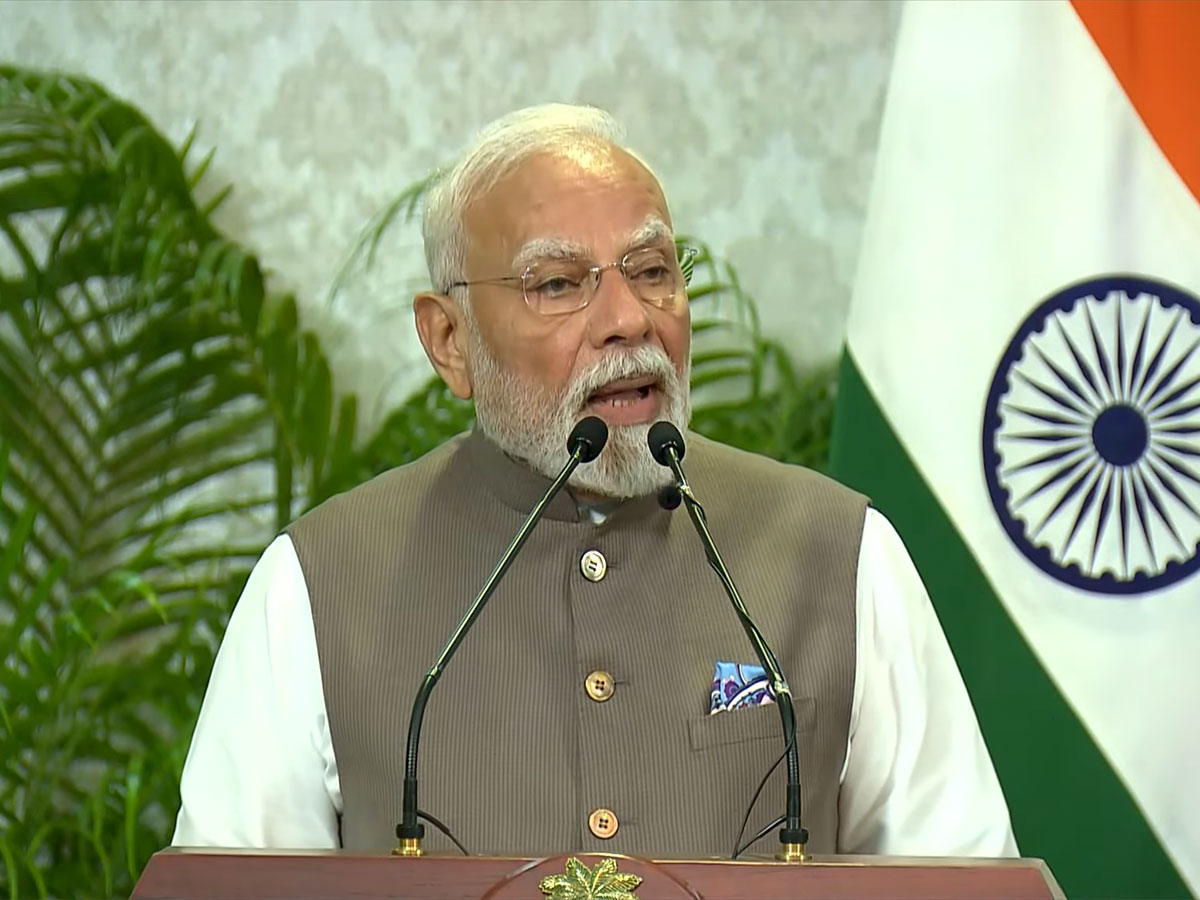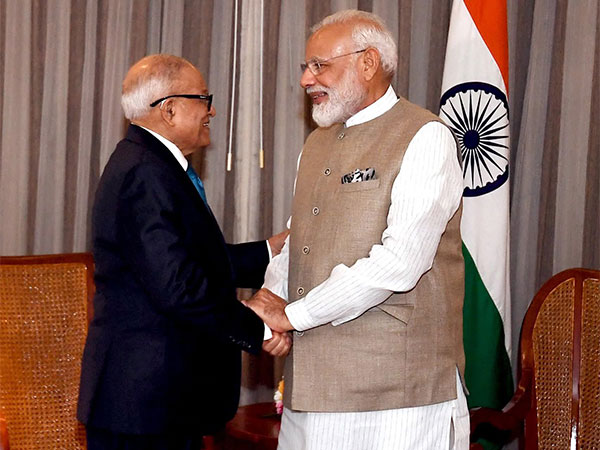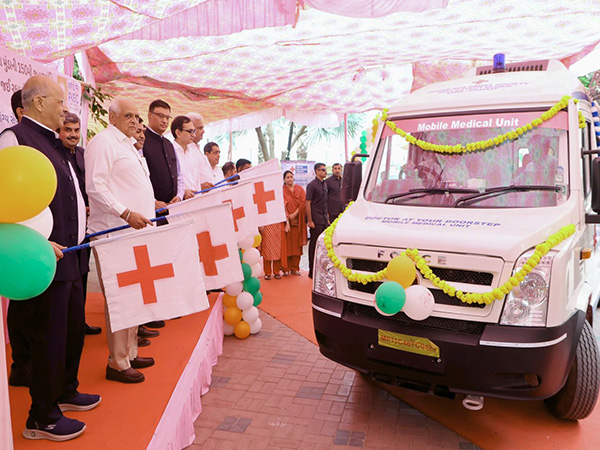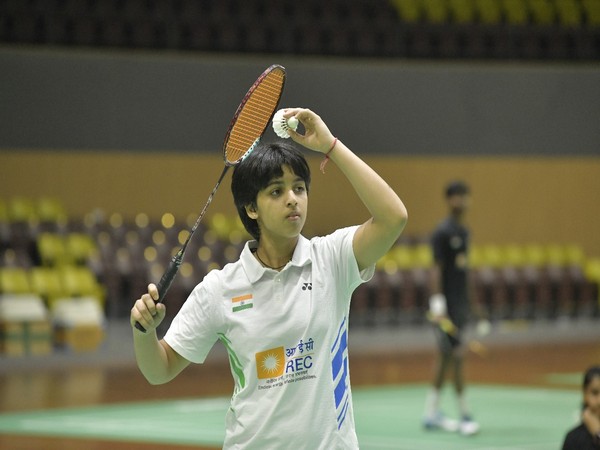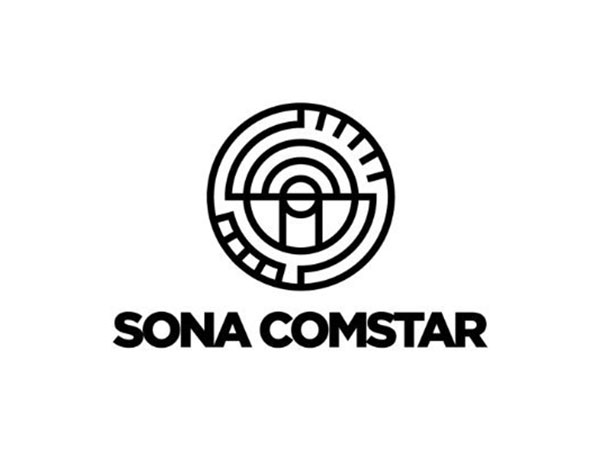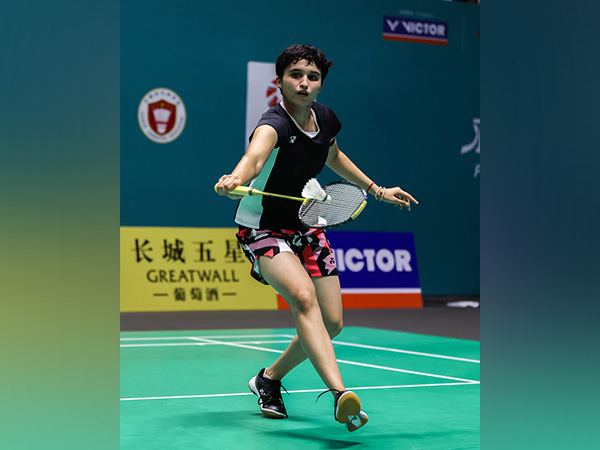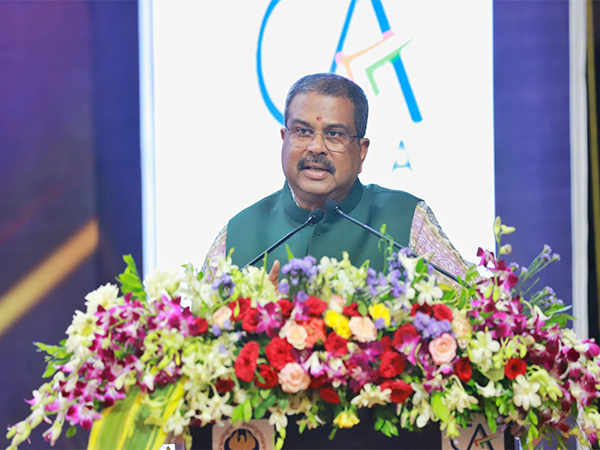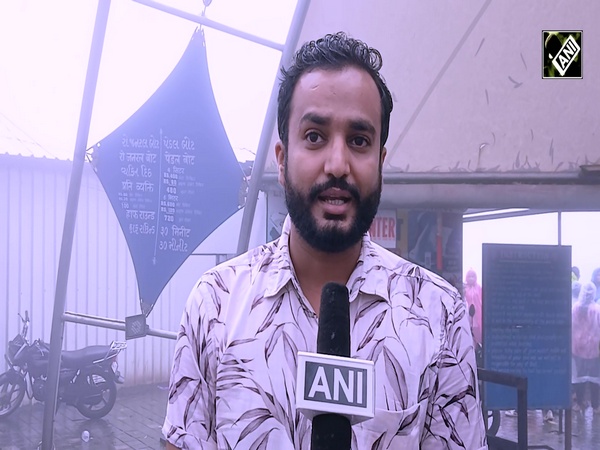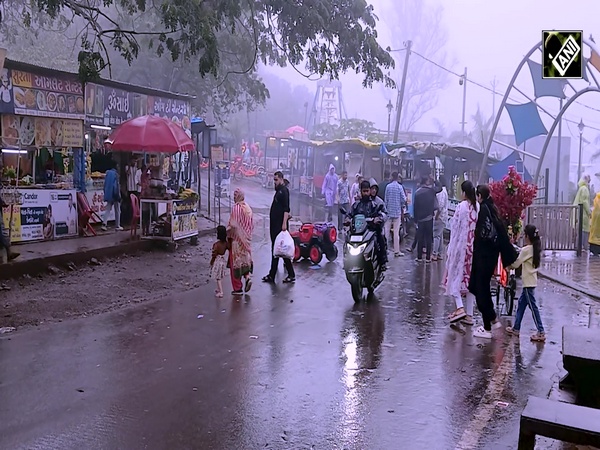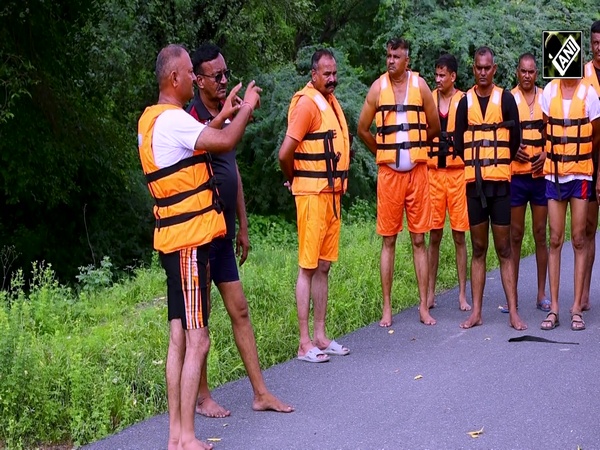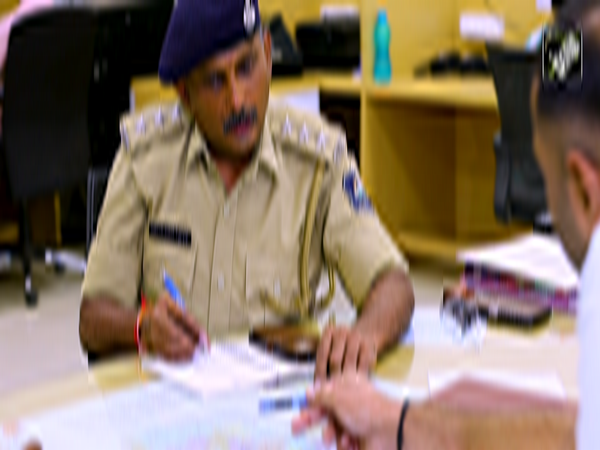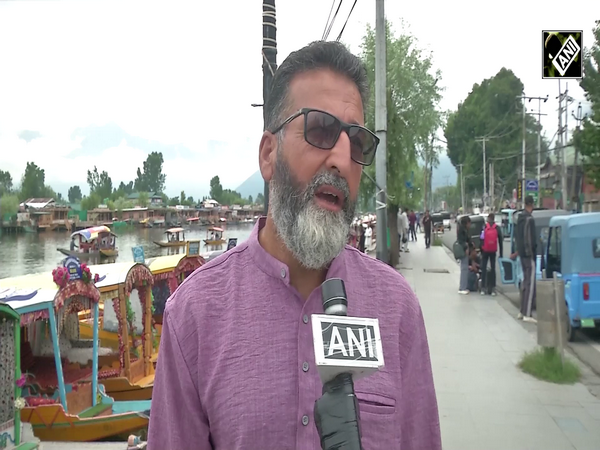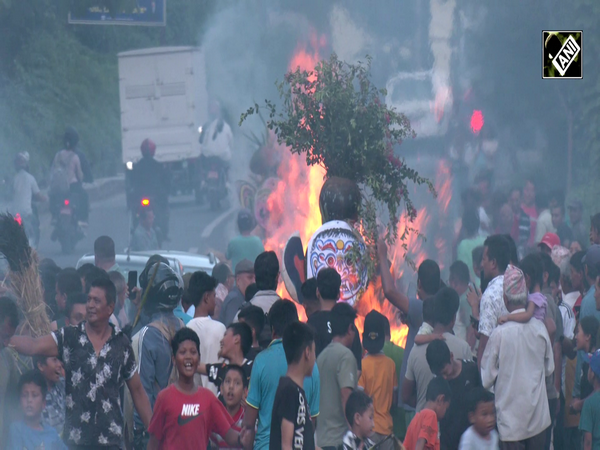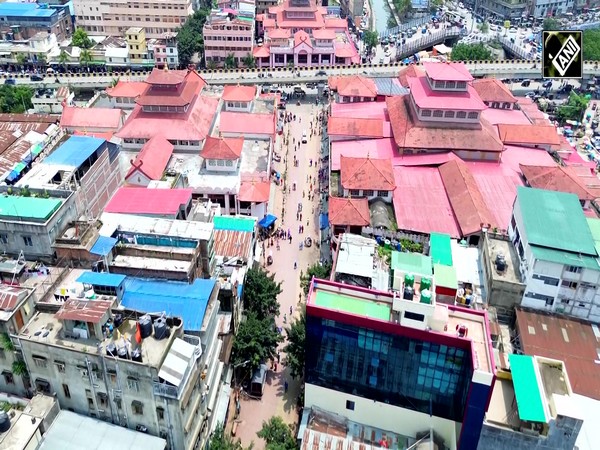Philippines rolls out COVID-19 vaccination drive amid scepticism over China's Sinovac jab: Report
Mar 01, 2021

Jakarta [Philippines], March 2 : Amid public resistance against the Chinese developed COVID-19 vaccine, the Philippines began its vaccination drive against coronavirus on Monday.
The Philippine General Hospital's Physicians Association has said that Chinese Sinovac had "a sweeping disapproval rate of 95 per cent" among hospital staff, while an earlier survey had found 94 per cent were willing to take either the Pfizer or AstraZeneca jab, South China Morning Post reported.
China has donated 6,00,000 Sinovac coronavirus vaccine doses, which arrived in the country on Sunday.
The head of the top state hospital received the first shot of the vaccine. After his jab, Gerardo Legazpi, the director of Philippine General Hospital, appealed to colleagues and the public to "separate the vaccine from our politics ... and the [Duterte] administration" and get vaccinated.
The Philippines is one of the hardest-hit countries from COVID-19 in Southeast Asia. More than 578,000 COVID-19 infections and over 12,000 deaths have been reported in the country.
While the roll-out of the vaccines promises some relief, experts warn the government must overcome public scepticism over the Chinese developed vaccine if it is to be successful.
Sentiments towards the vaccination drive changed dramatically when the government announced on Friday that workers at the hospital would be given the Sinovac vaccine rather than the ones developed by either Pfizer or AstraZeneca.
The Philippine General Hospital's Physicians Association objected to what it said was a lack of verifiable, scientific data around the vaccine made by Sinovac, which is yet to release the results of its third phase trials.
Adding to the scepticism was confusion over the fate of 525,600 doses of the AstraZeneca vaccine that presidential spokesman Harry Roque had on Saturday claimed would arrive by March 1.
Hours later, Health Secretary Francisco Duque said these would be delayed as the World Health Organization had informed him of supply problems.
In all, at least 263 health care workers in six state hospitals were vaccinated on Monday. Fifteen showed some adverse reactions, ranging from sudden faintness and dizziness to headache.
One medical frontliner told the South China Morning Post he would be hesitant to receive the Sinovac jab: "If I get vaccinated and it's [not fully] effective, how is that reassuring when I want to spend time with family?"
